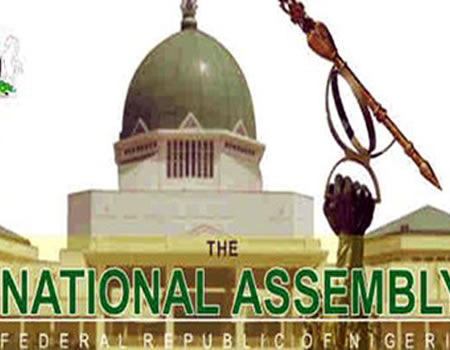This position was contained in a communiqué issued at the end of a roundtable organised by Nigeria Natural Resource Charter (NNRC) in Abuja, recently.
According to the communiqué, “assent to the PIGB is essential and should happen as soon as possible. The proposals made on the Petroleum Industry Bill (PIB) that is, Petroleum Industry Administrative Bill (PIAB), the Petroleum Industry Fiscal Bill (PIFB) and the Petroleum Host and Impacted Communities Development Bill (PHICDB) at the public hearings should be expeditiously considered with the bills passed as a matter of urgency by the National Assembly.
“The relevant government MDA’s: Federal Ministry of Petroleum Resources (FMoPR), Federal Ministry of Finance (FMoF), Department of Petroleum Resources (DPR), Federal Inland Revenue Service (FIRS), Petroleum Products Pricing Regulatory Agency (PPPRA), must advocate for the assent of the PIGB for the benefit of the Nigerian economy.”
It stated that the advocates of the ‘Not Too Young To Bill’ should push for the passage of the PIB as it is Nigeria’s main revenue source and therefore necessary to attain all their stated objectives.
“There is a need to continue to sensitise Nigerians on what the bill means to them and why it should be owned by all. Key issues for public engagement on the PIGB should include: harmonisation; presidential assent; public education about the new oil and gas governance regime; passage of the remaining complementary three bills; effective implementation of the PIGB; as well as close monitoring and reporting.
“The media and civil society must begin in earnest to sensitise the public on the need to change the status quo. Accountability actors to demand that the National Assembly to create a platform where people can verify the bills they are working on. CSOs and media must continually demand for this until it becomes a reality to ensure transparency and foster open governance in the petroleum sector,” it stated.
The roundtable on the PIB was themed: “The Impact of Petroleum Sector Reforms on Nigeria’s Global Economic Prospects.”
The roundtable was attended by relevant stakeholders including civil society organisations (CSOs), media, legislature, government agencies, the Federal Ministry of Petroleum Resources (FMoPR), the Federal Ministry of Finance (FMoF), Petroleum Products Pricing Regulatory Agency (PPPRA), Department of Petroleum Resources (DPR), Federal Inland Revenue Service (FIRS), Bureau of Public Enterprises (BPE), Nigeria Natural Petroleum Corporation (NNPC) and academia among others.
The roundtable explored the ‘global prospects for the Nigerian economy’ and the opportunities presented by the review of the petroleum governance, administrative, fiscal and host community frameworks. The themes considered Nigeria’s poor performance against precepts on exploration and license allocation); taxation; managing local impacts and state owned enterprises.
During the roundtable, it was observed that the non-passage of the PIB has cost Nigeria’s oil and gas industry billions of dollars’ worth of investment and returns to her economy.
According to the roundtable delay in passing the PIB has resulted in a lot of leakages, theft, sabotage, and prioritising governance is key to getting it right in the industry.
It was also observed that Nigeria’s competitive advantage is consistently being eroded by increasing discoveries of crude oil in more stable economies operating within Africa such as Tanzania, Ghana, Mozambique and so on.
“Nigeria has realised the need to change the governance framework of its oil and gas industry, having used an archaic law that was enacted in 1969 to run her oil industry in 2018.






